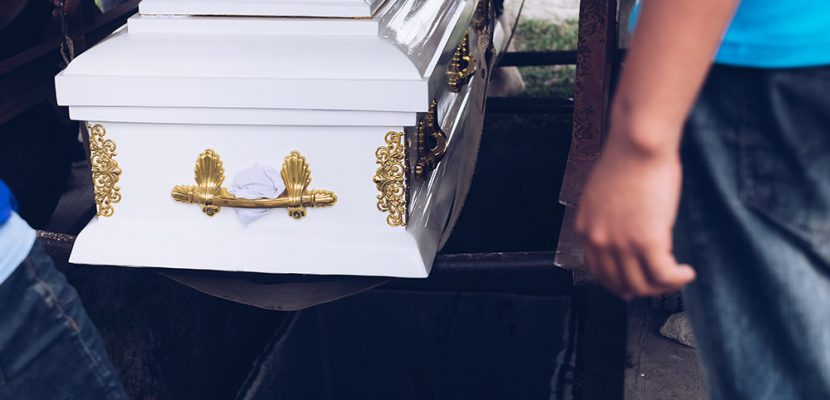Exhumation and transferal
Ordinary exhumation occurs when the body, remains or ashes are removed due to the expiry of the municipal concession for ground burial. A similar process known as extumulation occurs when the coffin is disinterred from a burial niche. The process may require further reducing or cremating the remains which will then be stored or dispersed in suitable sites. Each Municipality enforces its own regulations, which can vary from one cemetery to another even on the basis of the organic composition of the soil, which may favor or hinder mineralization.
National regulations provide for a minimum of ten years before the remains may be disinterred and reburied. Consequently the zinc casing may be reburied in an ossuary or cell, in another plot in the ground or in a niche beside a next-of-kin, or cremated and the ashes may be disposed of as per choice destination. In the absence of interested parties to follow the process through, the remains will be moved to the public ossuary.
Exhumations or extraordinary extumulations are carried out at the family’s behest before the end of the concession or burial contract for the purposes of e.g. reburial next to another deceased person, transfer to another municipality, etc.
On a regular basis the municipality will also carry out ordinary exhumations to ensure new plots become available for future burials. Exceptionally, family members may request the removal of the deceased’s remains, providing the minimum burial period has elapsed, although this may not be carried out during the summer months for public health reasons.
A transferal is when a coffin is removed from a temporary entombment and laid to rest in a final interment in a niche, within the same cemetery but more often than not to another cemetery even in a different municipality. No special terms are required for this, but if the final burial place lies within another municipality, then a special application from the municipality of origin is required along with the availability of a burial concession in the Municipality of destination. Once checked the sealing of the casing, the remains are transferred by suitable means to the new burial place. In case the casing does not appear to be well preserved, then an external zinc casing is used for containment which, once duly welded, may be used for transport and for subsequent burial.

